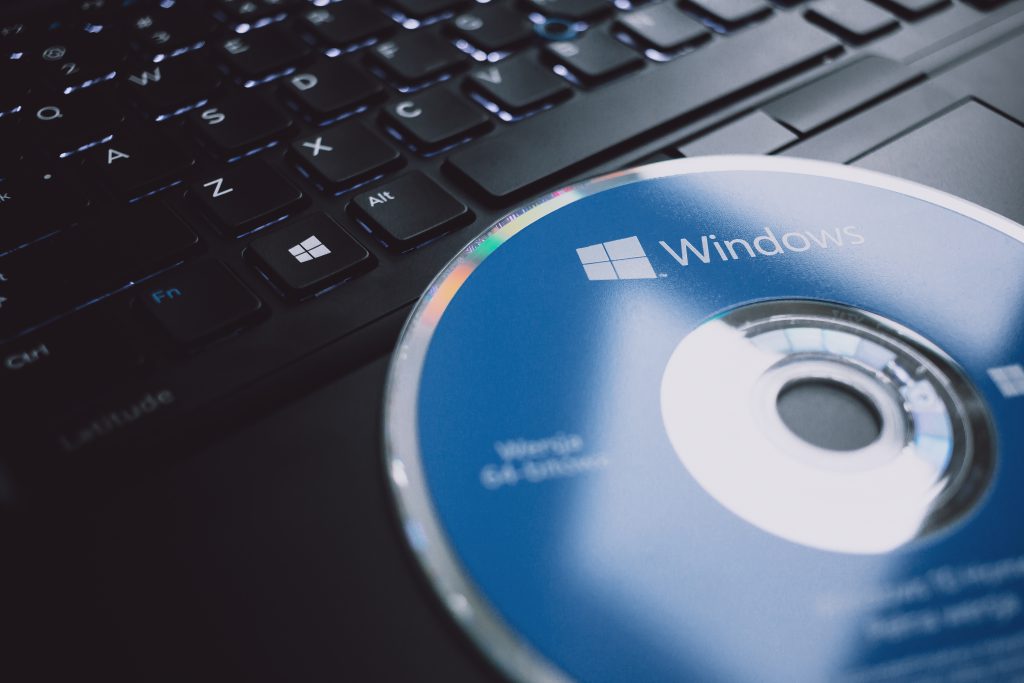5 Reasons Social Media Is Essential For SEO

Owner: Lazar
Group members: 1
What the heck does social media have to in relation to SEO? At MWI, we get this a lot from potential and current clients. While social media has been a growing channel for marketing in recent years, most businesses have yet to benefit from the potential of it. This is especially important when you're investing in search engine optimization. Although the benefits of social media may not be immediately obvious, they are essential for SEO help. From the myriad of reasons why you should consider the use of social media in your overall strategy to be online There are five main reasons it's important for SEO.
1) Social Media Signals
It's not a secret that Google, Bing, and other search engines rely on online dialogue in their ranking algorithms. If people tweet, 168.232.50.40/mediawiki/index.php/Five_Reasons_Why_Social_Media_Is_Important_For_SEO share, like or comment on the content it is referred to as a social engagement. Content that has more social engagements will be able to show more social signals. Search engines analyze these social signals and then use them as an element of quality when evaluating the content. It's a way to determine the content that people consider useful over what their automated algorithm decides is good quality. A piece of content could be immediately indexed when it's getting a lot of social engagement.
 2) Link Building
2) Link Building
It's long gone from the moment when you could simply solicit hyperlinks from other sites. Google's Panda/Penguin algorithms have forced SEOs to linkbuild the old-fashioned way: write good quality content that is pertinent. How do you reach out to websites who are willing to link to your website, even if the request is considered "unnatural"? Social media is the answer. Social media can help you put your content in front of the right people, who could be influenced to link to it if it's worth linking to. People who promote your content to their friends and increase the reach of your content.
3.) Content Amplification
The quality of the content you publish, it will not gain traction in the absence of amplifying it. Email marketing can be great method to boost content but it will only reach people in your marketing list. It is possible to reach new audiences via social media. When you share your content, those who follow you will also spread it to their networks if they find it useful. These people will then promote your content to their followers, increasing your reach. You'll also get relevant traffic through inbound linking social signals, as well as brand awareness These can be used by search engines to determine content assessment of quality.
content amplification lifecycle
4.) Brand Sensibilization and Brand
Brand image and recognition can inform search engines much about the credibility of your site's content and the extent to which it can be considered reliable in their ranking algorithms. Social media can help build brand recognition and boosts the visibility of your content. This is what Google calls co-citation. Co-citations can be created by using social media to boost Google's trust as well as aid with brand-name searches.
5.) Social Indexing
Since search engines are able to index social media accounts and display them up in search results pages. This allows your business to appear in search results for specific queries that aren't restricted to your website. But there's more than that. Individual tweets on Twitter were once indexed and shown in search results, too - enabling another way for your website to be ranked in the search results. It was only temporary for a few months until Google decided to discontinue this feature, which is still in effect. Google will once again show tweets in search results, so it's important to leverage it for getting your content ranked.
5 Reasons Social Media Is Essential For SEO
Group members
About ✔ Terms ✔Privacy
Say and get NFT
© 2017-2022
«0xbt»
A world without censorship
0xbt[cat]0xbt.net